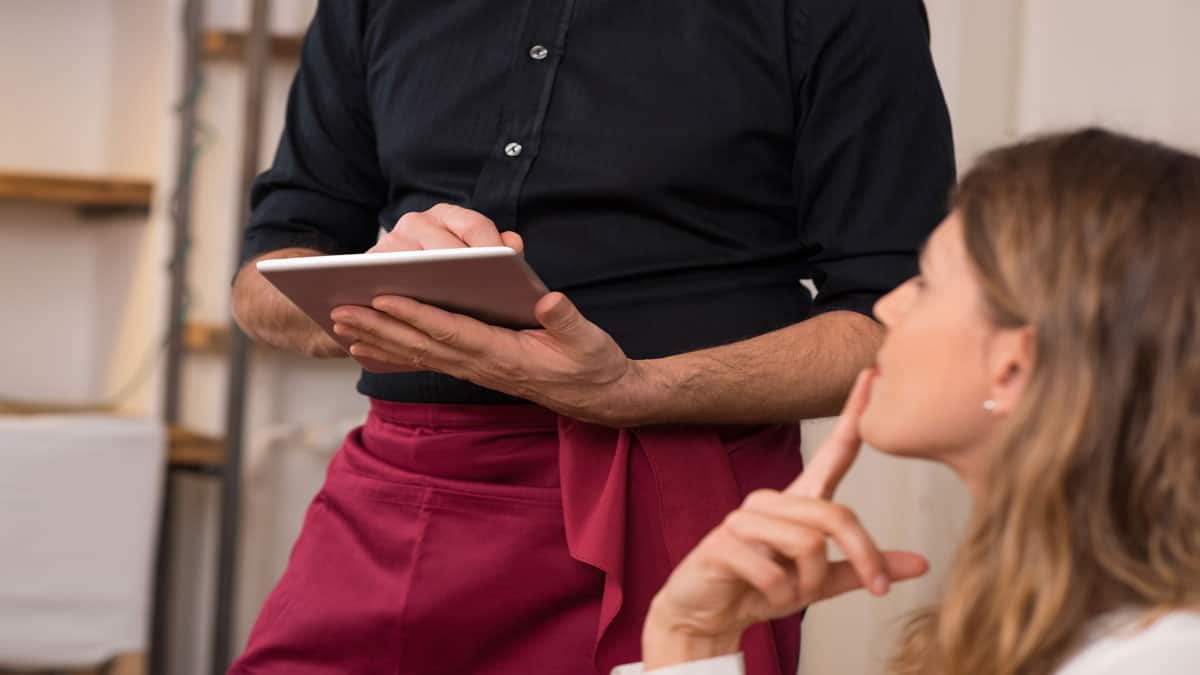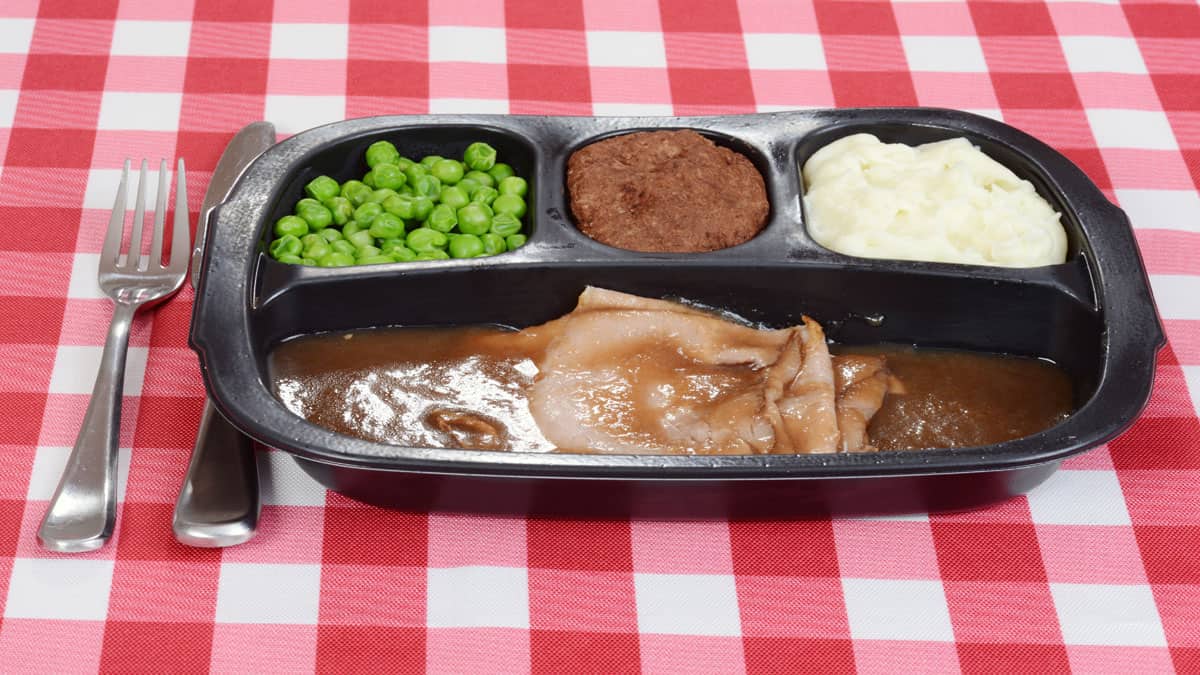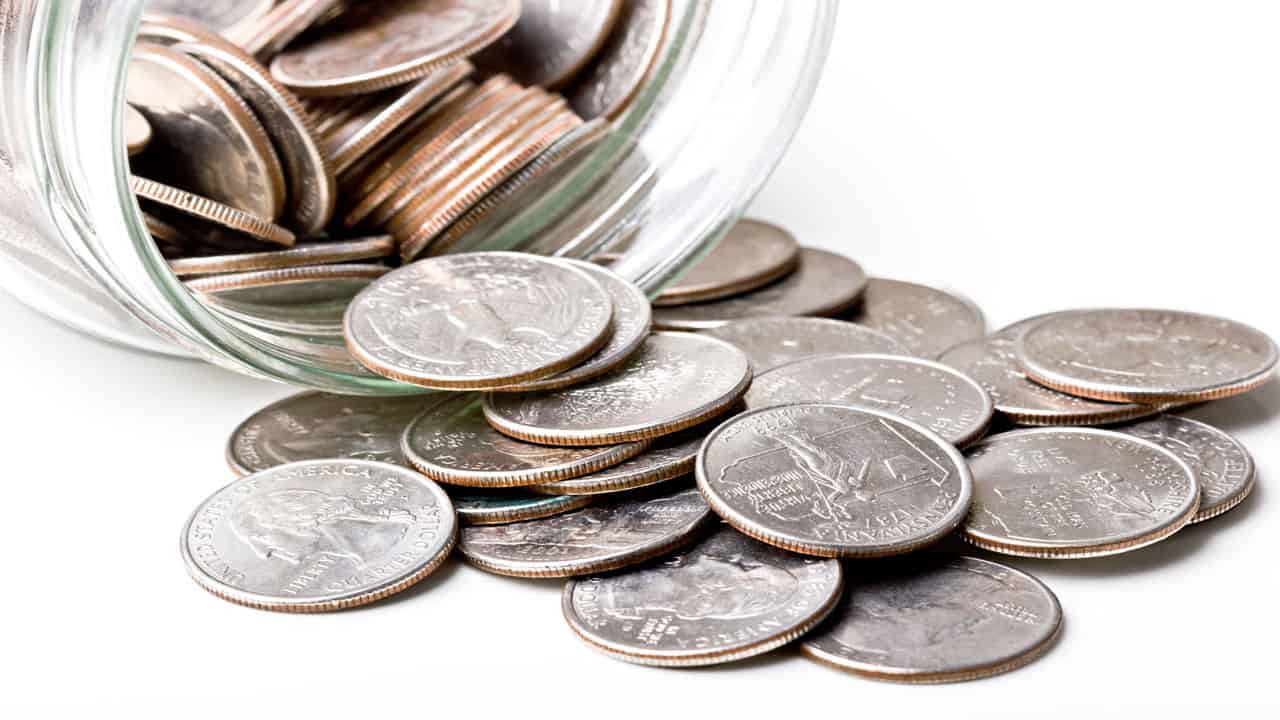THIS POST MAY CONTAIN AFFILIATE LINKS. PLEASE SEE MY DISCLOSURES. FOR MORE INFORMATION.
Do the childhood traumas of poverty continue to haunt your adulthood?
Residual, invisible wounds from events that happened in the past can follow you into life’s later stages.
Today, we’ll explore how deep-seated and far-reaching these crippling effects of poverty might be and explain 16 sneaky ways it continues to impact grownup life, regardless of how much effort is put into escaping its grasp.
From complicated relationships with money to negligible self-care practices that make achieving success harder than ever before, you don’t have to look any further than your own adult experiences for evidence that leaving poverty behind doesn’t necessarily mean leaving all its scars in the dust.
Let’s talk through some examples now!
#1. Save It To Spend It

Growing up in poverty can develop an unwillingness or inability to save money.
Living with limited resources means that a certain amount of discretion must be used when spending on anything, even essential items.
As adults who experienced poverty, we may carry this mindset into adulthood, motivated by fear and frugality rather than sound financial planning.
The habit of saving for tomorrow is simply not a part of the equation.
#2. Stress Levels

Adults who experienced poverty as children have been found to experience higher levels of stress than those with more privileged upbringings.
This is due to the fact that poverty can create a sense of helplessness and insecurity, which can manifest itself in physical and emotional symptoms such as anxiety or depression.
#3. Ordering the Cheapest Item On The Menu

Even if you have money now, if you grew up without it, you might still look for the cheapest items on the menu when eating out.
It’s not that you can’t afford the food, it’s that it has been ingrained in you that money is tight, so you must find the cheapest things to eat.
For some, this even extends when eating out and someone else pays. Your natural instinct is to order the cheapest item, so you don’t appear wasteful.
#4. Saving Money On Utilities Is A Priority

We all know it is a waste to leave lights on in a room we aren’t in, but some people who grew up without money take saving money on bills to the extreme.
Lights must be turned off, doors closed, and more.
You must be aware of running water so you don’t waste it.
Sometimes, you might wait until it becomes unbearable in your house to turn on the heat or air conditioner.
#5. Turning Down Social Occasions

When you have no money, you often choose not to go out.
One reason is that you cannot afford it. Second, you are embarrassed and don’t want others to know you are struggling financially.
This can cause many issues, as socializing is a critical part of happiness.
#6. Poverty Mentality

This ties into the idea above.
You are financially stable, but you still act as though you are one paycheck away from living in poverty.
As one person said, “For me, I have what I call ‘poverty mentality’, while I can afford new shoes and clothes, they have to be falling apart for me to replace.”
#7. Refusing To Waste Food

Food is critical for survival, and when you are poor, you try to stretch your food dollars as far as possible.
This could mean constantly clearing your plate so that nothing gets wasted.
Or it could mean ensuring you eat leftovers so that you don’t have to throw food out because, to you, throwing out food is like throwing away money.
#8. You Are Nervous to Waste Food When Visiting Friends

When visiting friends or neighbors, many adults who grew up poor will only take a half glass of iced tea or other beverage.
They may even only take a small plate of food, because they don’t want to be seen as greedy.
#9. Eating The Expensive Parts Of A Meal

What if I told you that, growing up, the most financially savvy thing you could do was to go straight for the expensive part of the meal?
It might sound counterintuitive, but hear me out.
When you come from a background where money is tight, you learn to savor every luxurious morsel.
You learn to prioritize the good stuff, to relish in the moments where you can splurge.
#10. Hoarding

When you grow up without money, you save everything because you never know when you can use a part or piece of it for something else.
My grandparents lived through the Great Depression, so my parents grew up thinking there was no money. As a result, even if something was broken, it was held onto because you never knew when you might be able to make good use of it.
#11. Saying ‘That’s Too Expensive’

As a kid, you probably asked your parents for many things. If you didn’t have money, they usually said, ‘that’s too expensive.’
While it seems innocent, that small phrase can have a lasting impact, usually negative, on our lives.
As one person said, “I didn’t actually grow up poor, but my parents always said ‘no, that’s too expensive’ to most of the things I asked for until I was probably 14, and by then I was unwilling to ask for things, or apologized profusely every time I did ask for something. So now I debate for months before buying anything over $100, but will buy several things that cost $5-10, on impulse, over the course of a week.”
#12. Using Food Storage Containers As Storage

Many use Tupperware and Pyrex to store leftovers in their refrigerator or freezer.
But for people who grew up with little money, these storage containers were also used as basic storage.
You might use a small container for loose change or odds and ends.
#13. Financial Anxiety

This issue can take many forms.
For some, it may mean avoiding the stock market because you are too scared to invest.
For others, it could mean simply hoarding cash in a savings account.
However financial anxiety shows up for you, know that many others who grew up poor have their version of this trait.
#14. You Make Weird Food Combinations

Do you find yourself doing odd things with your food, like eating uncooked ramen noodles as chips, or eating powdered drinks without adding water?
If you do, odds are you grew up poor and still carry the scars.
#15. Constant Buyer’s Remorse

The constant reminder of financial insecurity is hard to get away from.
Growing up in poverty can often mean growing up with the feeling that you don’t belong, and this can lead to feelings of guilt or buyer’s remorse when making a purchase.
Even years after leaving poverty behind, the feeling of being an imposter can persist, leading to difficulty making decisions and trusting yourself.
#16. Never Buying New Clothes

Poverty leads to the need for thriftiness, and this often means never buying new clothes.
Growing up in poverty can make it difficult to feel good about yourself, since everyone around you is wearing nicer things.
It’s important to remember that this doesn’t define who you are or your worth as a person; it simply means that money was tight and you had to make do with what was available.
How to Get Free Money

The idea of free money sounds like it can’t be true. But it actually is.
There are many ways you can get free money, from playing games, to watching videos, and more.
Here are the best ways you can get free money without having to work for it.
47 Ways to Get Free Gift Cards

Nowadays, people are looking for every means possible to make extra cash. One unique idea is to get free gift cards. Gift cards are a great way to help pay for the things you need without spending any money.
You can earn free gift cards for completing simple tasks in many ways. This includes getting paid for simple online tasks like playing games, completing surveys, and shopping.
Here is a complete guide on how to get free gift cards so you can spend less money on the things you buy.
47 PROVEN WAYS TO GET FREE GIFT CARDS
How To Get Free Food With No Money

If you are short on cash, not eating doesn’t have to be a reality.
There are options out there that allow you to get free food, even if you don’t have any cash. Here is what you need to do.
How To Get Free Food With No Money
How To Save Money When You’re Broke

When you have no money, the idea of saving sounds impossible. In fact, for many people, the idea never crosses their mind because they are only focused on getting money to survive.
But there are steps you can take to actually save money even when you are broke. Doing so will help you change your financial life faster than you thought possible.
HOW TO SAVE MONEY WHEN YOU’RE BROKE
Best Places to Get Quarters

Are you in need of quarters?
We all need change from time to time and with a more digital world, some people wonder where they can get them.
Here are the best places to get your hands on some quarters.
This thread inspired this article.
I have over 15 years experience in the financial services industry and 20 years investing in the stock market. I have both my undergrad and graduate degrees in Finance, and am FINRA Series 65 licensed and have a Certificate in Financial Planning.
Visit my About Me page to learn more about me and why I am your trusted personal finance expert.

